Traveling can be an exciting adventure, but it is important to prioritize your safety when on the road. Whether you are traveling for business or pleasure, taking precautions and being aware of potential risks can help ensure a secure travel experience. Here are some tips and precautions to keep in mind:
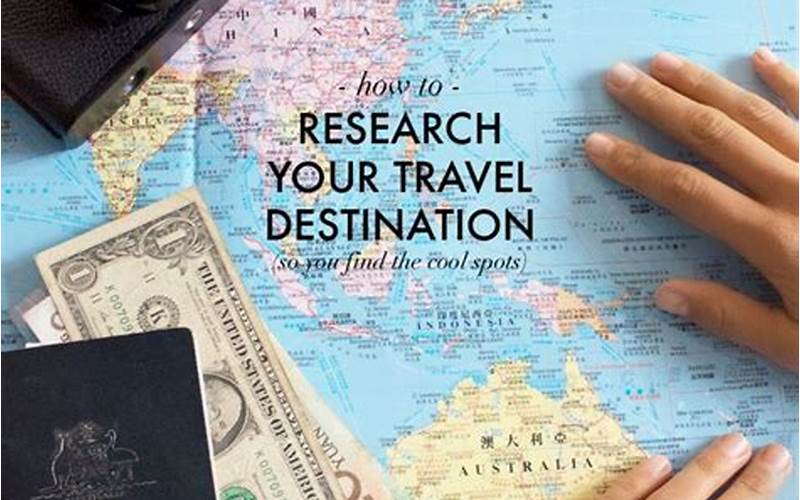 Source: bing.com
Source: bing.com
Before you travel, research your destination to learn about any potential safety concerns. Check for travel advisories from your government and read up on local laws and customs. Knowing what to expect can help you better prepare for your trip and avoid any potential risks.
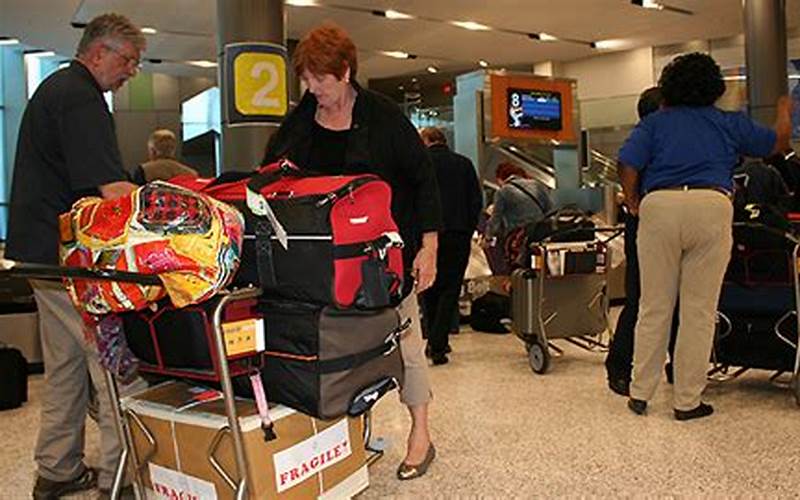 Source: bing.com
Source: bing.com
When packing for your trip, be mindful of what you bring with you. Avoid packing valuable items that you would be devastated to lose, and keep important documents and medications with you at all times. Additionally, consider investing in luggage locks and other security features to protect your belongings.
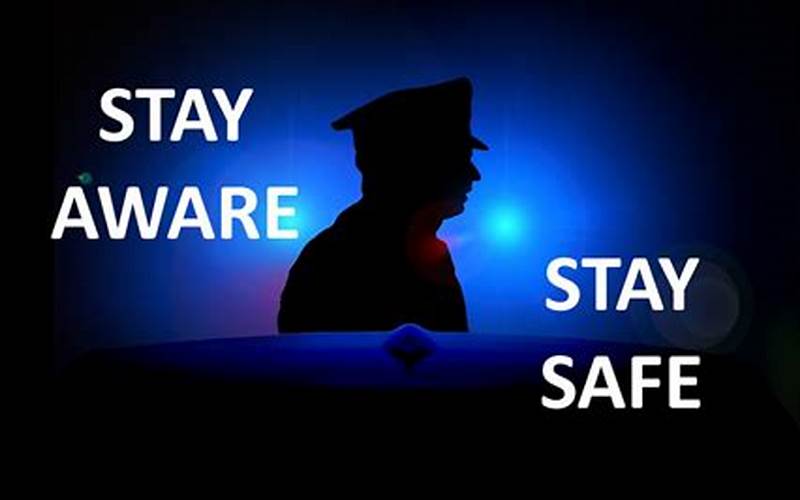 Source: bing.com
Source: bing.com
When you arrive at your destination, stay aware of your surroundings. Be mindful of pickpockets and other potential threats, and keep an eye on your belongings at all times. Stay in well-lit and populated areas, and avoid walking alone at night if possible.
 Source: bing.com
Source: bing.com
When getting around your destination, use secure transportation options such as licensed taxis or public transportation. Avoid using unmarked or unlicensed taxis, and be cautious of hitchhiking or accepting rides from strangers.
 Source: bing.com
Source: bing.com
While on your trip, keep in touch with friends and family back home. Let them know where you are staying and when you plan to return. Consider sharing your itinerary and contact information with them, and check in with them periodically to let them know you are safe.
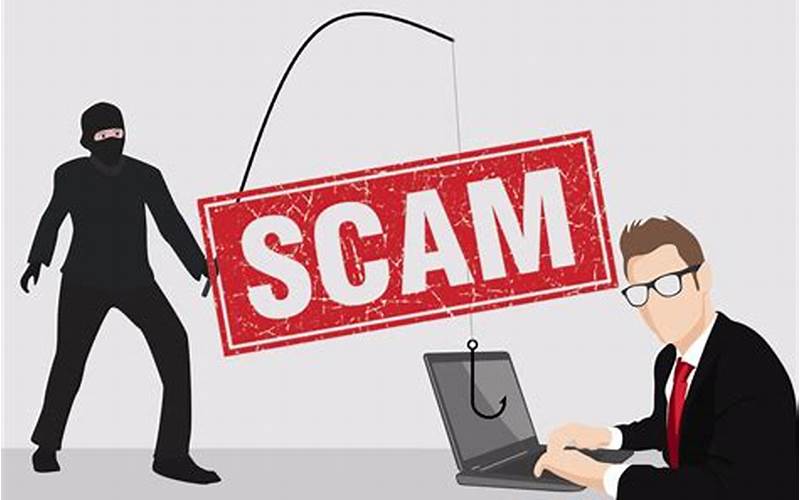 Source: bing.com
Source: bing.com
Unfortunately, scams and fraud can be common when traveling. Be wary of offers that seem too good to be true, and avoid giving out personal or financial information to strangers. If you are unsure whether something is a scam, trust your instincts and err on the side of caution.
 Source: bing.com
Source: bing.com
Before you travel, make sure you know the emergency numbers for your destination. This includes the local police, fire department, and ambulance services. Keep this information with you at all times, and know how to access emergency services if needed.
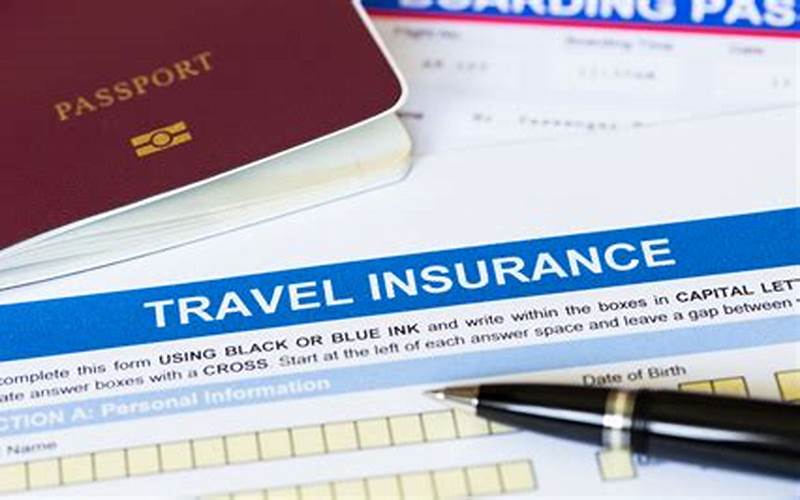 Source: bing.com
Source: bing.com
Consider getting travel insurance before your trip. This can provide additional protection in case of unforeseen circumstances such as lost luggage, medical emergencies, or trip cancellations. Make sure to read the policy carefully and understand what is covered before purchasing.
 Source: bing.com
Source: bing.com
Traveling can be a wonderful experience, but it is important to prioritize your safety and take precautions to ensure a secure travel experience. By researching your destination, packing smart, staying aware, using secure transportation, keeping in touch, being wary of scams, knowing emergency numbers, and getting travel insurance, you can help ensure a safe and memorable trip.
| What should I do if I feel unsafe while traveling? | If you feel unsafe while traveling, seek out a safe and public location such as a police station or hotel. Avoid walking alone at night, and consider using a transportation service to get to a safer location. |
| Do I need to take any extra precautions when traveling solo? | Traveling solo can be safe with the right precautions. Let someone know your itinerary and check in with them periodically, avoid going out alone at night, and stay aware of your surroundings. |
| What should I do if I lose my passport or other important documents? | If you lose your passport or other important documents, contact your embassy or consulate immediately for assistance. They can help you obtain a new passport or travel document and provide additional assistance if needed. |
| Is it safe to use public Wi-Fi while traveling? | Using public Wi-Fi can be risky as it can leave your personal information vulnerable to hackers. If you must use public Wi-Fi, avoid accessing sensitive information such as banking or email accounts. Consider using a VPN to protect your privacy. |
Originally posted 2022-04-17 00:05:00.
 Travelers Plans How to Travelers Plans in The World
Travelers Plans How to Travelers Plans in The World